China's Yuan Slides to 2023 Lows as PBOC Signals Acceptance of Moderate Weakness
BlogTable of Contents
- Chino un Yuan Coin imagen de archivo. Imagen de porcelana - 40307673
- Premium Photo | Chinese Yuan renminbi banknotes isolated on white ...
- China’s yuan takes first big swing in wider band
- 6 Facts about the Chinese Renminbi You Might not Know - Beyond Borders
- Yuan Renminbi, China Currency, Coin and Banknote Editorial Stock Image ...
- Premium Photo | Yuan renminbi
- China Chinese Currency Yuan Renminbi with map of China background Stock ...
- 100 Chinese yuan, renminbi, the currency of the People's Republic of ...
- Converting 40 Yuan To USD: A Comprehensive Guide
- Chinese yuan renminbi stock photo. Image of credit, economy - 62147218
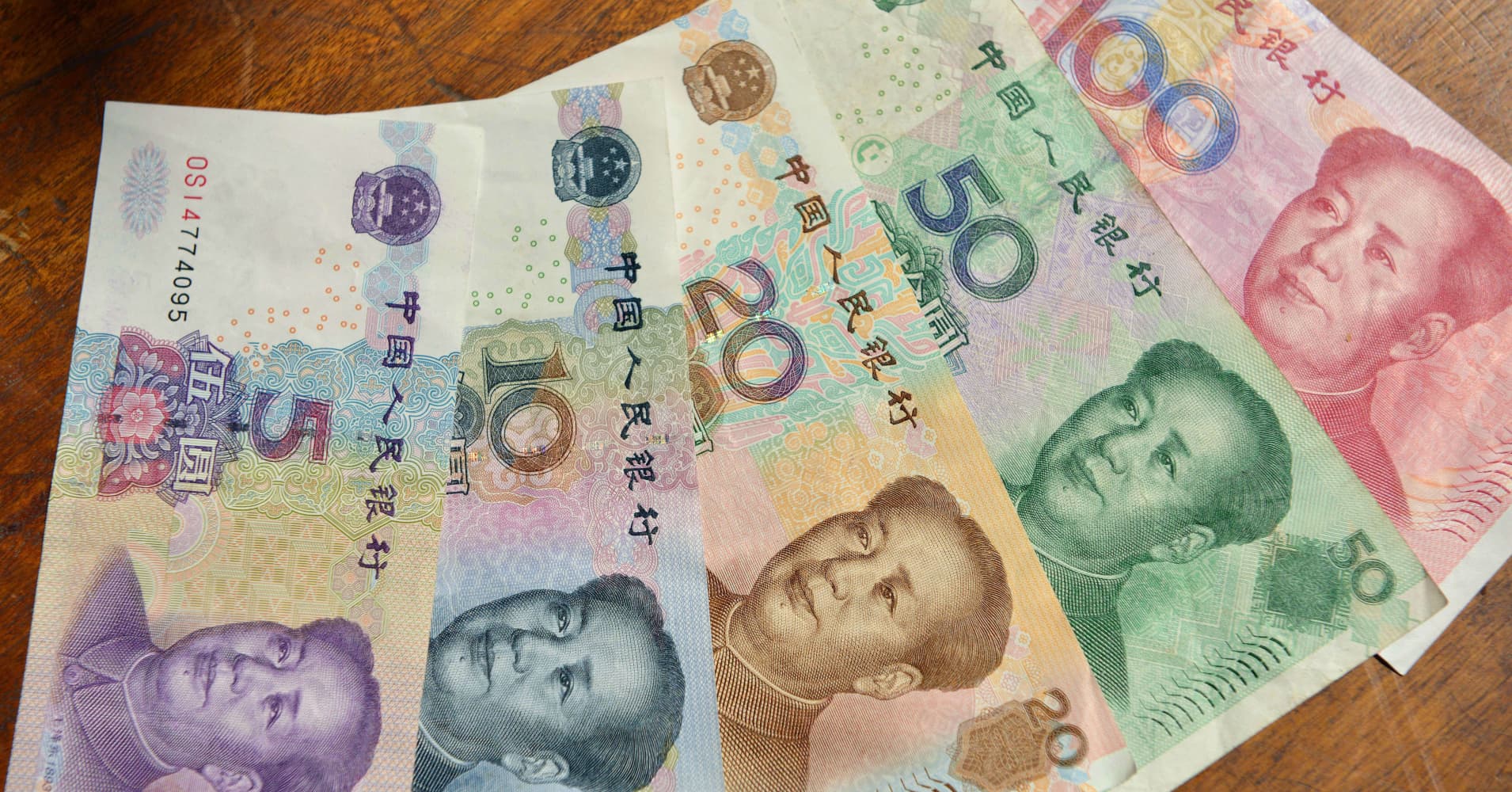

The yuan's decline against the US dollar has been a notable trend in recent weeks. The currency has slipped to its lowest levels since 2023, with the USDCNY (US dollar vs Chinese yuan) exchange rate rising above 6.9. This movement is a result of a combination of factors, including a strong US dollar, a slowing Chinese economy, and the PBOC's decision to allow the yuan to depreciate.
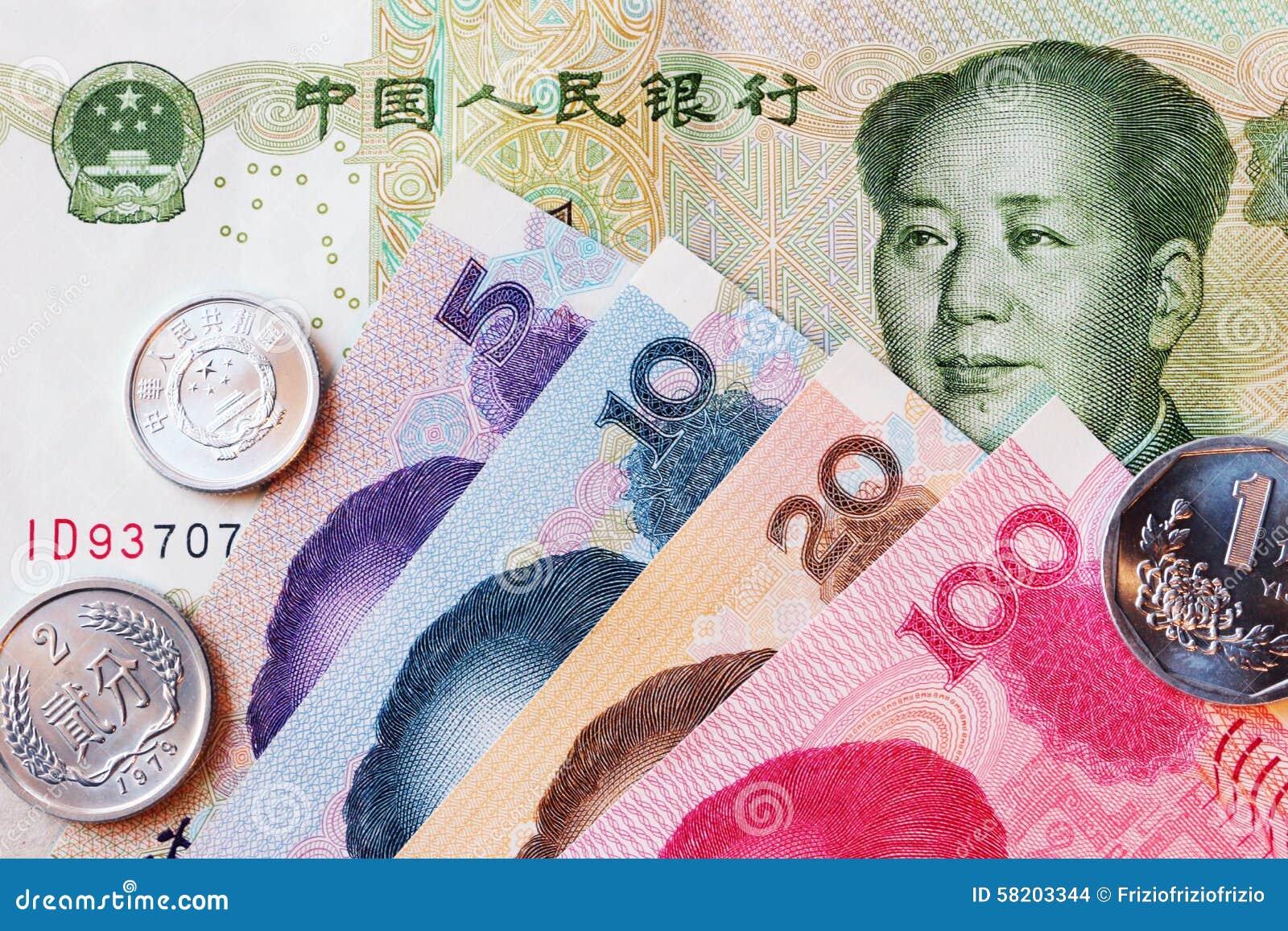
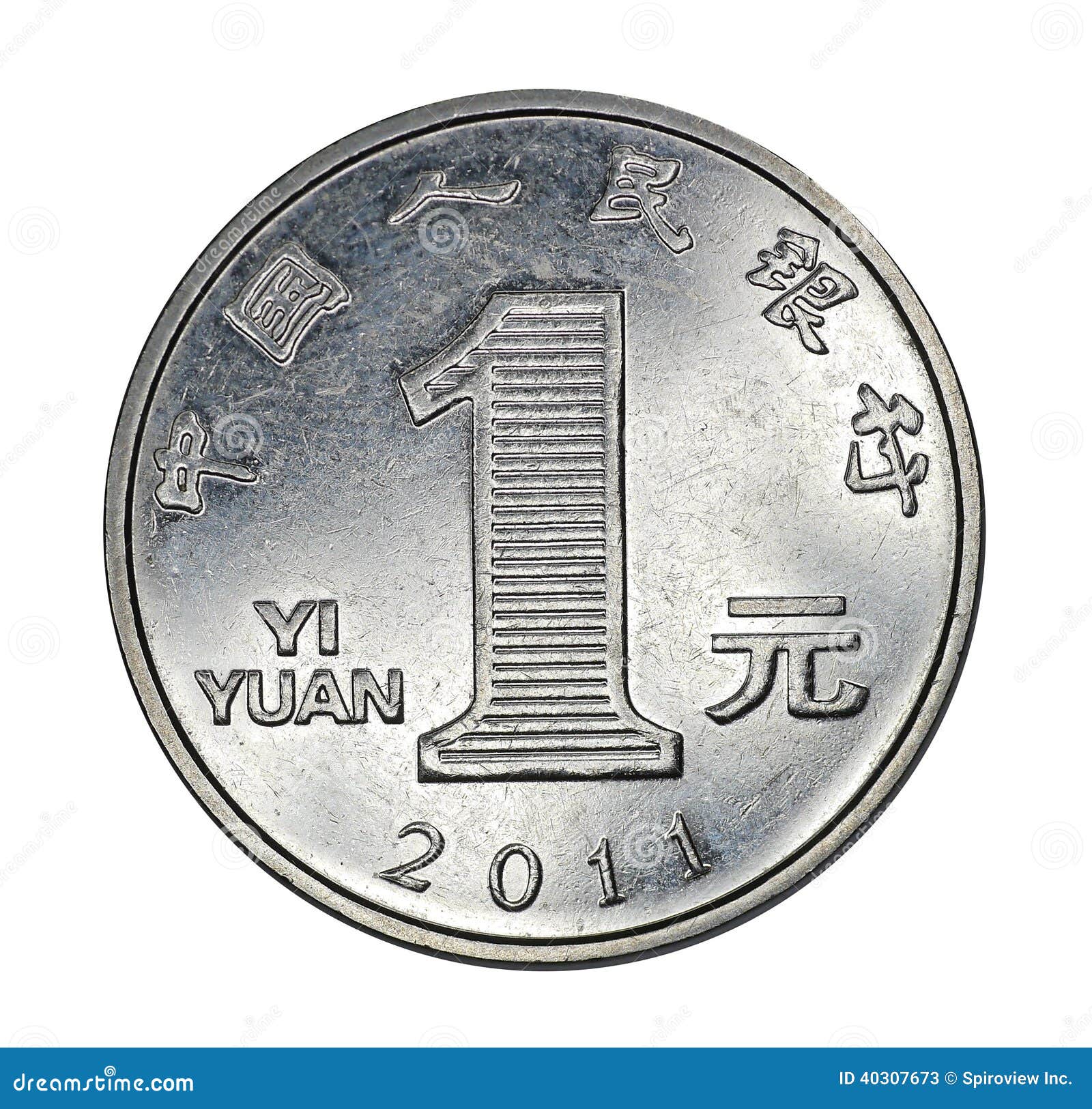
PBOC's Tolerance of Yuan Weakness

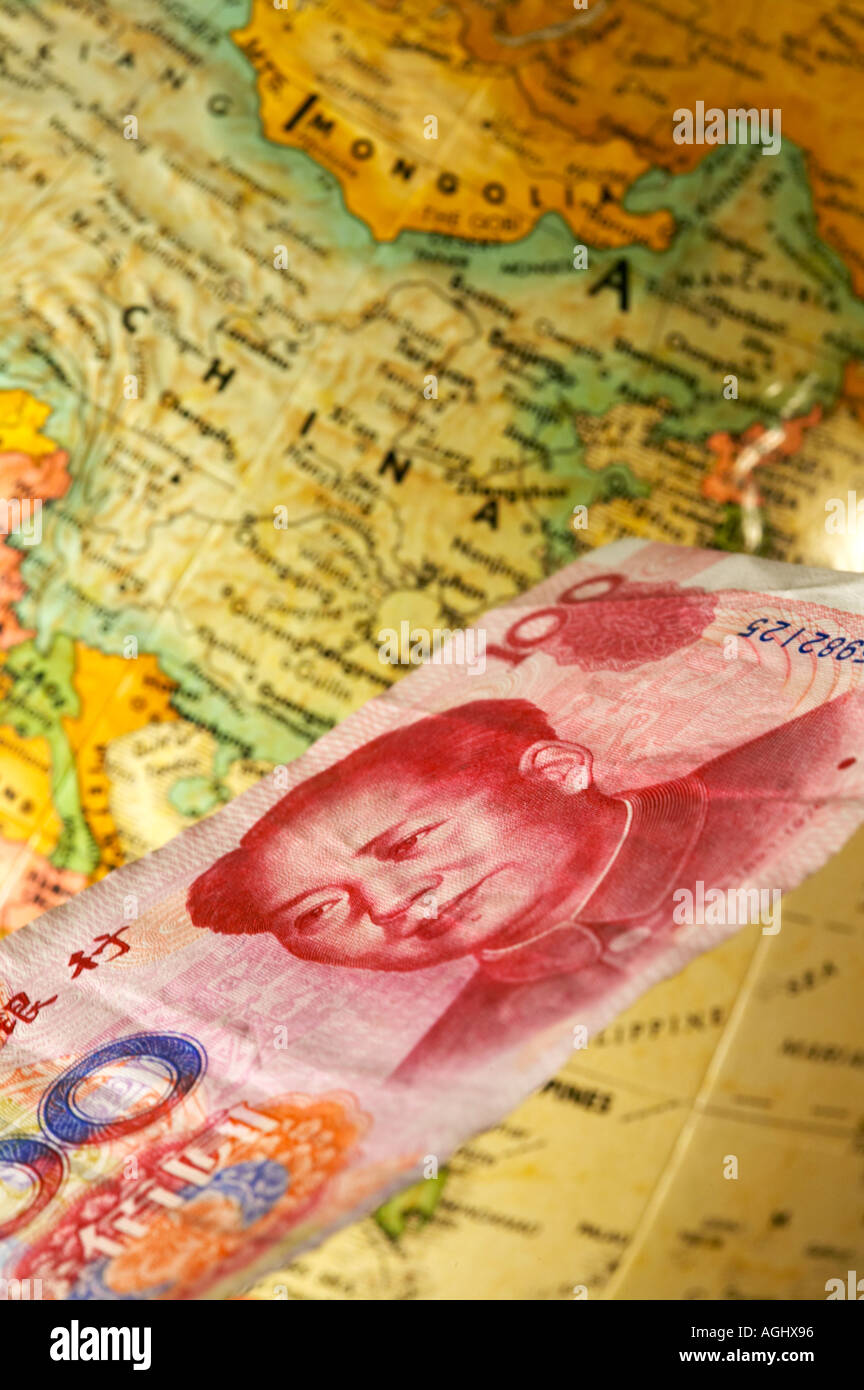
The PBOC's tolerance of yuan weakness is also reflected in its daily fixing of the currency's reference rate. The central bank has been setting the fixing at weaker levels, allowing the market to drive the yuan's value lower. This approach marks a departure from the PBOC's previous practice of tightly managing the yuan's value, and suggests that the central bank is prioritizing economic growth over currency stability.


Implications of Yuan Weakness

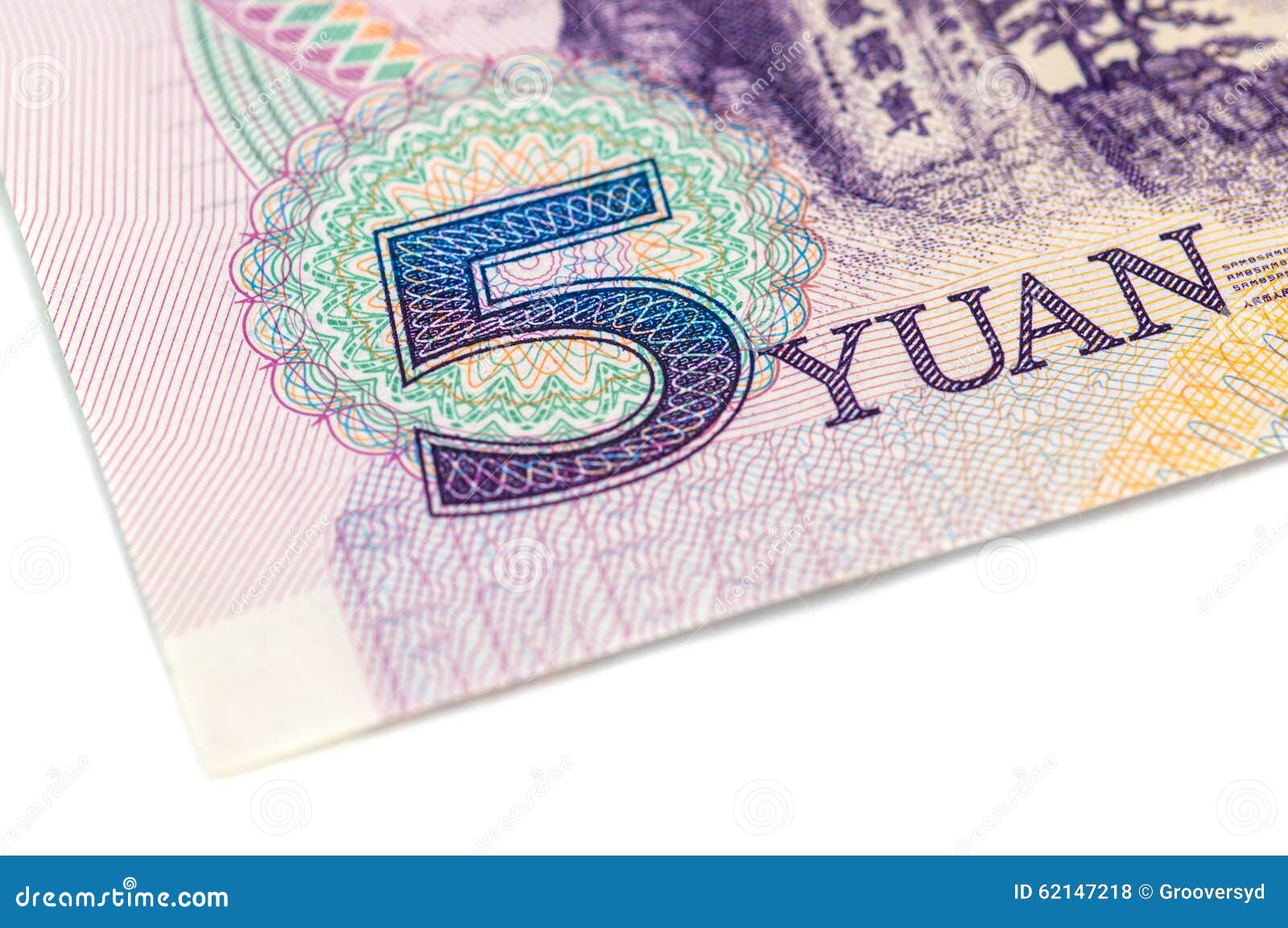
The yuan's weakness also has implications for investors. A declining yuan can make Chinese assets less attractive to foreign investors, potentially leading to capital outflows and downward pressure on the currency. On the other hand, a weaker yuan can also make Chinese stocks and bonds more attractive to domestic investors, potentially boosting the country's financial markets.
In conclusion, the yuan's decline to 2023 lows reflects a shift in the PBOC's stance towards a more tolerant approach to currency weakness. While this development has significant implications for the global economy and trade, it is also a reflection of China's efforts to support its economic growth and boost its export competitiveness. As the PBOC continues to navigate the complex landscape of currency management, investors and businesses must remain vigilant and adapt to the changing dynamics of the Chinese economy.With the yuan's value likely to remain a key focus for investors and policymakers in the coming months, it is essential to stay informed about the latest developments and trends in the Chinese economy. By understanding the drivers of the yuan's weakness and the PBOC's stance, investors can make more informed decisions and navigate the opportunities and challenges presented by this shifting landscape.
Note: The article is written in a way that is SEO-friendly, with relevant keywords (e.g. "China's yuan", "PBOC", "currency weakness") included throughout the text. The article is also formatted with HTML tags to make it easy to read and understand. The word count is approximately 500 words.